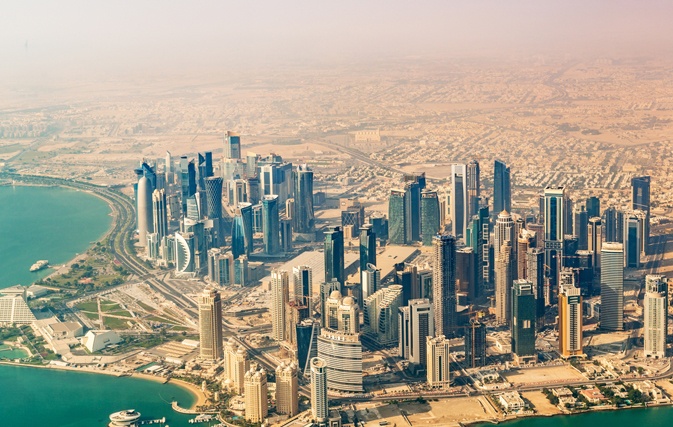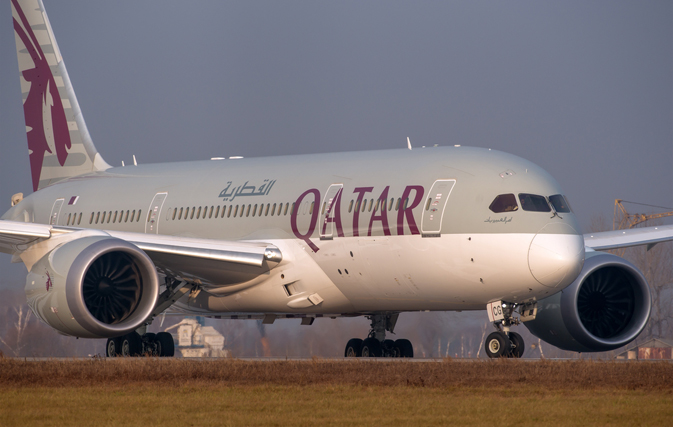DUBAI — Saudi Arabia’s General Authority of Civil Aviation (GACA) said on Monday it has banned all Qatari planes from landing in the kingdom’s airports, following the worst rift in years among the Gulf countries.
A statement from the aviation body said the decision was effective immediately and involves all the Qatari private and commercial airplanes which will be banned from crossing the Saudi airspace.
GACA also said all Saudi commercial and private air operators shall be banned from operating to Qatar.

Doha, Qatar
Arab powers sever Qatar ties, citing support for militants
The Arab world’s strongest powers cut ties with Qatar on Monday over alleged support for Islamists and Iran, re-opening a festering wound just two weeks after U.S. President Donald Trump’s demand for Muslim states to fight terrorism.
Saudi Arabia, Egypt, United Arab Emirates and Bahrain cut relations with Qatar in a coordinated move. Yemen, Libya’s eastern-based government and the Maldives joined in later.
Qatar denounced the moves as based on lies about it supporting militants. It has often been accused of being a funding source for Islamists, as has Saudi Arabia.
Iran, long at odds with Saudi Arabia and a behind-the-scenes target of the move, blamed Trump’s visit last month to Riyadh.
“What is happening is the preliminary result of the sword dance,” Hamid Aboutalebi, deputy chief of staff of Iran’s President Hassan Rouhani, tweeted in reference to Trump’s joining in a traditional dance with the Saudi king at the meeting.
Closing all transport ties with Qatar, the three Gulf states gave Qatari visitors and residents two weeks to leave, and Saudi Arabia, Bahrain and Egypt banned Qatari planes from landing and forbade them from crossing their airspace.
The UAE and Saudi Arabia stopped exports of white sugar to Qatar, a potential hit to consumers during the holy month of Ramadan, when demand is high. Some residents in Qatar have begun stockpiling food and supplies, Qatari media reported.
Along with Egypt, however, the UAE and Saudi Arabia are potentially vulnerable, being highly dependent on Qatar for liquified natural gas.
The diplomatic broadside threatens the international prestige of Qatar, home to a large U.S. military base and set to host the 2022 World Cup.
The hawkish tone Trump brought in his visit to over 50 Muslim leaders in Riyadh on Tehran and on terrorism is seen as laying the groundwork for the diplomatic crisis. It was unclear how it would play with the military base.
“You have a shift in the balance of power in the Gulf now because of the new presidency: Trump is strongly opposed to political Islam and Iran,” said Jean-Marc Rickli, head of global risk and resilience at the Geneva Centre for Security Policy.
“He is totally aligned with Abu Dhabi and Riyadh, who also want no compromise with either Iran or the political Islam promoted by the Muslim Brotherhood.”

